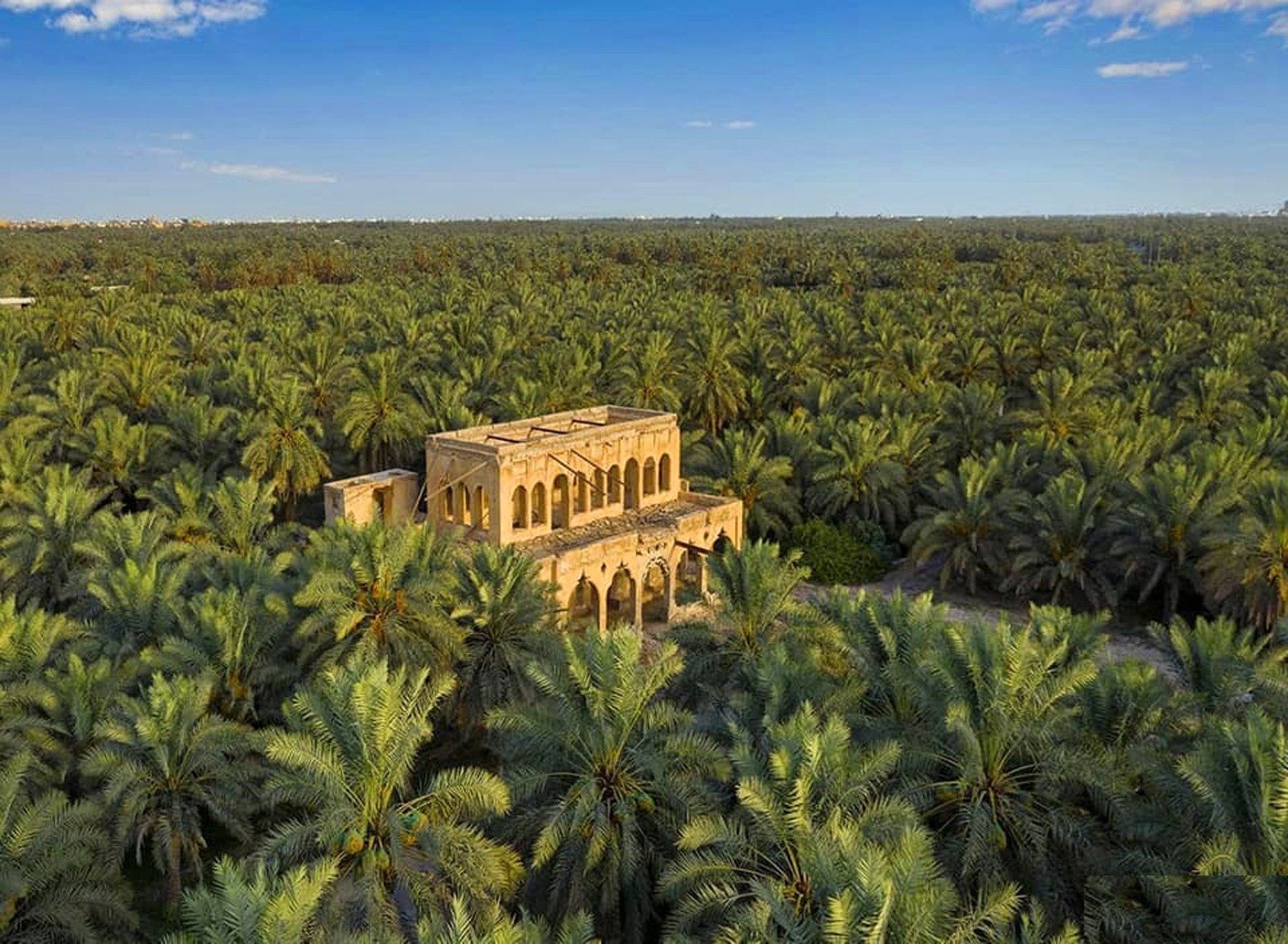Dates, the sweet, chewy fruits of the date palm tree, have been a staple in diets across the world for thousands of years. This article delves into the fascinating history of dates, their nutritional benefits, key countries of production, and their role in global markets.
A Storied Past: The Historical Significance of Dates
The history of dates can be traced back to ancient Mesopotamia and Egypt, where they were highly prized for their sweetness and nutritional value. Ancient civilizations recognized the importance of dates both as a food source and for their medicinal properties. Depictions of date palm trees can be found in ancient hieroglyphics, indicating their significance in early agricultural societies.
With the Efforts of Saudi Arabia:
The FAO Council approved a proposal to declare 2027 the International Year of Date Palm, pending United Nations General Assembly adoption.
The International Year aims to raise awareness of date palm’s suitability for sustainable cultivation, its economic significance, and the empowerment of youth and women in agribusiness.
The FAO Council emphasized the importance of sustainable farming and efficient value chains, benefiting rural farm families and smallholder farmers, particularly in the Middle East and North Africa. It has a unique significance in Islam.
Nutritional Powerhouse: Health Benefits of Dates
Dates are a nutritional powerhouse, packed with essential nutrients:
- Natural Sweeteners: High in natural sugars, dates are an excellent energy booster.
- Fibre: They are a good source of dietary fibre, aiding in digestion and promoting gut health.
- Vitamins and Minerals: Rich in vitamins such as vitamin B6 and minerals like potassium and magnesium, dates support overall health.
- Antioxidants: Dates contain antioxidants that help combat oxidative stress in the body.
- The combination of these nutrients makes dates not just a delicious treat but a healthy addition to any diet.
Cultivation and Production: Leading Date-Producing Countries
The cultivation of dates is predominantly concentrated in the Middle East and North Africa. Key countries in date production include:
Egypt: As the world’s leading producer of dates, Egypt’s climate and soil conditions are ideal for date cultivation.
Saudi Arabia: Known for its high-quality dates, Saudi Arabia is a significant contributor to the global date market.
Iran: With a variety of date species, Iran is another major player in the date production arena.
United Arab Emirates: The UAE has invested heavily in modernizing its date cultivation practices.
These countries not only contribute significantly to the global supply but also preserve a variety of date species, each with unique flavours and textures.
Market Dynamics: The Global Demand for Dates
The global market for dates has seen a steady increase over the years. This growth is fueled by the rising awareness of the health benefits of dates and their versatility in culinary applications. Dates are used in a variety of products, from confectioneries to health bars, and are also a popular item during religious observances like Ramadan.
The export market for dates is robust, with Middle Eastern countries exporting large quantities to Europe, North America, and Asia. The demand in health-conscious consumer markets has led to the introduction of organic and speciality date varieties.
Here’s a table representing the illustrative statistics for the dates market over the last five years:
Please note that these numbers are hypothetical and used for illustrative purposes only. They do not represent actual market data.

Saudi Arabia is the Emerging World Leader in Date Production.
Global date palm production spans over one million hectares, yielding 8.5 million metric tons worldwide. Asia and Africa dominate production with 55.8% and 43.4% shares, while Saudi Arabia leads, contributing 17% to the global production, boasting 31 million palm trees and producing 1.5 million tons annually.
Riyadh, July 20, 2023, SPA — The Kingdom of Saudi Arabia’s dates exports increased to 321,000 tons worth 1.28 billion Saudi Riyals in 2022, up by 5.4 percent compared to 2021.
The Kingdom’s dates exports also increased by 121 percent in 2022 compared to 2016, when the Kingdom’s dates exports had totalled 134,000 tons at a value of 579 million Saudi Riyals.
In the first quarter of 2023, the Saudi dates exports rose by 2.5 percent year on year to exceed 566 million Saudi Riyals and were exported or donated to 111 countries.
The Kingdom produces more than 300 types of dates annually, the ministry said, noting that the annual dates production surpasses 1.6 million tons.
The Kingdom is witnessing a significant boost in the production of dates and their derivatives in accordance with the latest technologies and the highest quality standards, the ministry said.
The rise in dates production has contributed to increasing exports and placing the Kingdom in the lead of the global date exporters in 2021, the ministry added.
The Kingdom has more than 34 million palm trees across all of its regions, including 11.2 million palms in Qassim, 8.3 million in Madinah, 7.7 million in Riyadh and 4.1 million in the Eastern Region.
The palm trees and dates sector in the Kingdom is relied upon to achieve sustainable agricultural development, the ministry said, affirming working alongside relevant bodies to support initiatives aiming at upgrading the sector in line with the objectives of the Saudi Arabia Vision 2030.
Data source: https://www.spa.gov.sa/en/c2e1c75252u
Conclusion
Dates are much more than just a sweet treat. Their rich history, nutritional value, and global market presence make them a fascinating and vital fruit. As we move forward, dates continue to be a significant part of diets around the world, symbolizing a bridge between ancient culinary traditions and modern health-conscious eating habits. Whether enjoyed as a natural sweetener, a health supplement, or a cultural staple, the date fruit holds a special place in the global culinary landscape.
Article by: Tariq Mehmood (MBA, University of Lincoln, UK)






